
Technology Analytics
Analytics technology is revolutionizing the business world in a context of intense global change. Changes that span areas such as politics, economy, climate change, resource scarcity, demographic distribution, and the accelerated pace of these changes. Companies that adopt analytics technology can obtain valuable and real-time information about the market and consumers. It allows them to make more informed and effective decisions to improve their performance and competitiveness in the market and adapt to these challenges.
In recent years, we have encountered two variables that act as constraints to efficiency in operations. On the one hand, volatility in commodity prices, and on the other hand, hyperconnectivity, which entails a reduction in market entry barriers. All these changes in the competitive context of a company are reducing the influence of experience and standardization on operational efficiency. Instead, the relevance of anticipation and adaptation to change is increasing.
Therefore, in this new landscape, the use of tools that help us manage change becomes essential, quantifying its influence on different variables within our company's operations. With these tools, we can transform the two main threats of the current context—hyperconnectivity and the abundance of data—into opportunities. This fusion of the two aforementioned premises gives rise to a new tool for business management: Analytics technology.
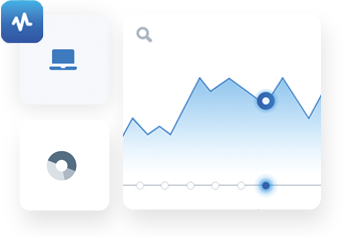
What is Analytics technology?
Analytics technology refers to a set of different computer tools that focus on detecting, understanding, and interpreting patterns in the data recorded by companies in their various areas. This field combines statistical knowledge with computer programming to create data-based models that explain the behavior of different variables, even allowing for the anticipation of their future behavior.
What are the benefits of Analytics technology?
Thanks to Analytics technology, companies are able to better understand the competitive situation in which they operate, clearly identifying key variables for profitability and sustainability. Analytics also allows for an understanding of the interrelationships between these variables, making it crucial for rational business decision-making. Additionally, it enables companies to adapt more quickly to changes in the environment, as the model is constantly revised through data input.
Big Data is a very useful tool as it allows us to draw conclusions from real data, providing valuable insights at both strategic and operational levels. Focusing on the operational level, Analytics technology improves company performance through two main lines of action:
1. Customer Segmentation
Every interaction between a customer and a company generates valuable information. Whether through website visits, social media interactions, or tracking calls and sales visits, the data generated in each interaction describes the behavior of the respective consumer. With a large volume of data, this information can be grouped to define different customer profiles, enabling the development of marketing and sales strategies tailored to each segment. This allows companies to offer more personalized services and products that meet the needs of consumers, while communicating in a way that makes them feel comfortable and identified. These two factors increase conversion rates and, therefore, commercial efficiency.
2. Anticipation and Forecasting
Analyzing large volumes of historical data also allows for the identification of patterns in the behavior of the variables under study. These variables can include product sales or the evolution of raw material prices necessary for production. In this way, analytics tools show us how our sales or supplies are affected by other endogenous or exogenous variables, such as the time of year, correlation between raw materials, natural events, etc. With all this information, we can anticipate our company's sales, predict the stock we will need to cover them, or determine the number of employees required to serve customers. Similarly, anticipating the price of inputs needed for our company also allows for purchases at the optimal time, reducing costs.
In conclusion, Analytics technology is a tool that brings great value by turning one of the threats of the current business environment—digitalization—into fuel to obtain more understandable and valuable information about our company's competitive context. Thanks to data analysis, more and more companies are making more rational decisions in less time, adapting flexibly to changes, maximizing sales, and reducing costs, thus boosting operational efficiency.























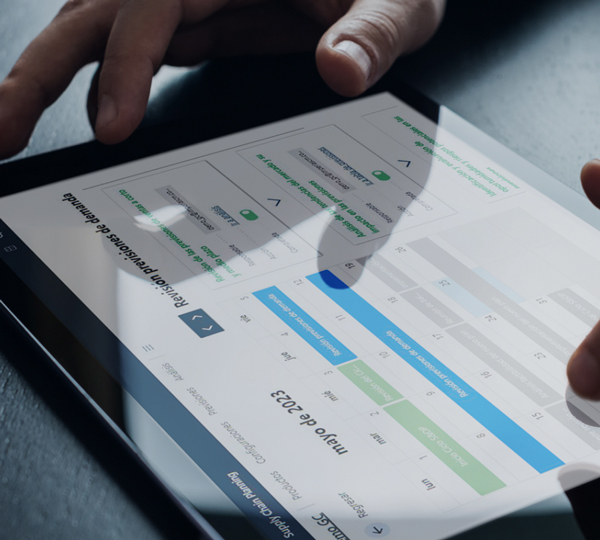
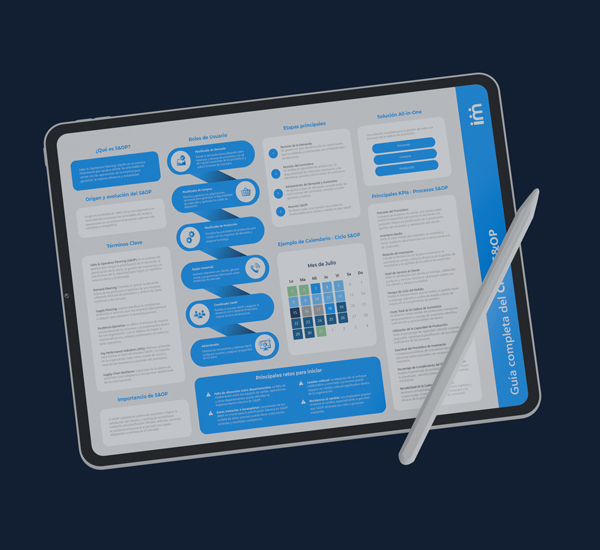







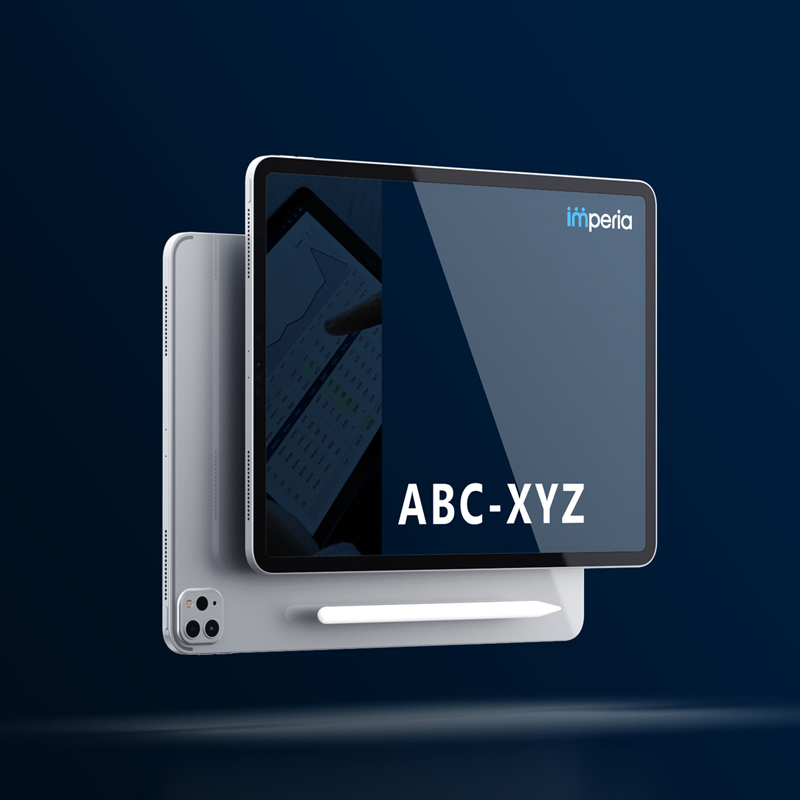











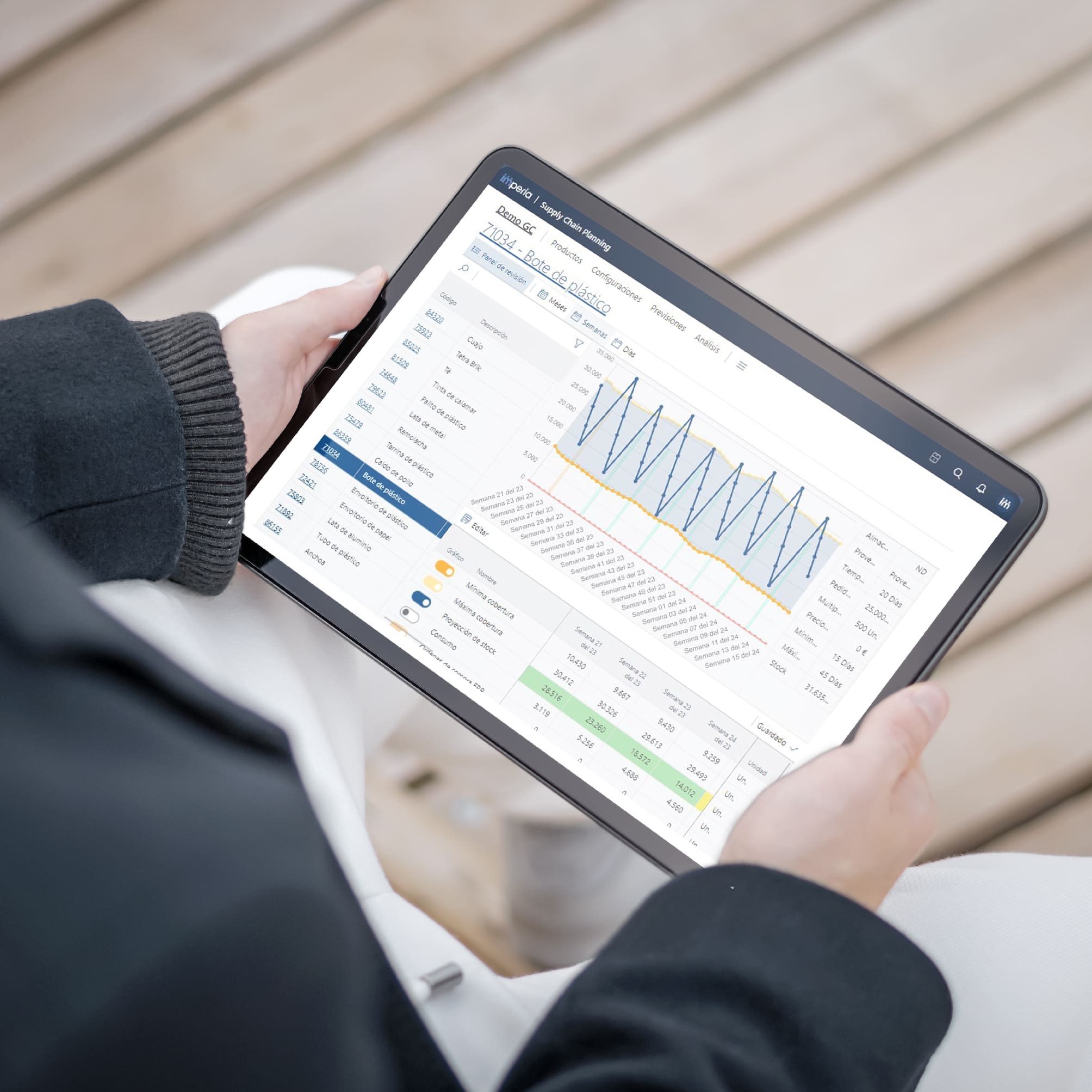




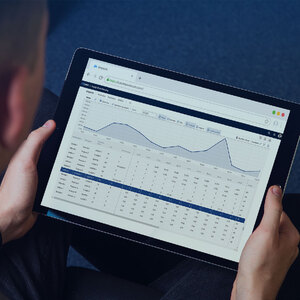

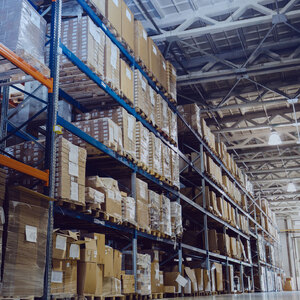








 Imperia_thumbnail.jpg)





















